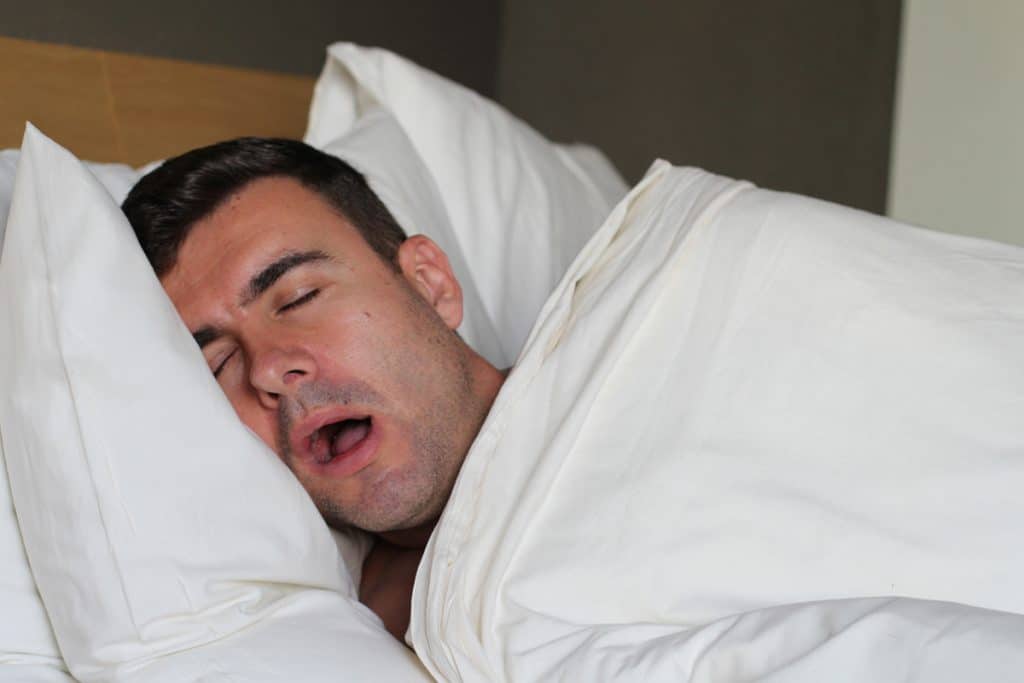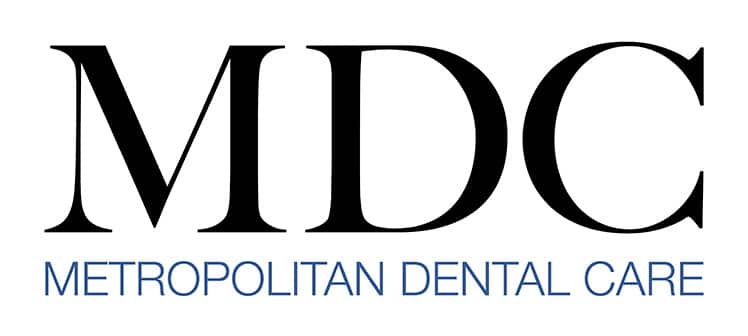How Your Dentist Can Diagnose Sleep Apnea

When it comes to sleep apnea, many people might immediately think of specialists or sleep clinics as the go-to option for diagnosis and treatment. While these professionals are critical in addressing the condition, did you know that your dentist can also play a key role in identifying this common yet potentially serious disorder? At Metropolitan Dental Care, we’re committed to more than just your oral health—we’re dedicated to your overall well-being, which is closely linked to dental care.
Sleep apnea, a condition where breathing repeatedly stops and starts during sleep, can have serious health consequences if left untreated. It’s linked to heart disease, high blood pressure, mood disorders, and even cognitive decline. However, because many signs of sleep apnea manifest in your mouth, dentists are uniquely positioned to detect red flags early. With advanced knowledge of oral and airway health, your dentist can be an essential part of your care team. Let’s take a deeper look at how your dentist can contribute to the diagnosis, management, and treatment of sleep apnea.
Dentists Can Spot Key Indicators of Sleep Apnea
Dentists undergo specialized training that allows them to recognize specific signs in your mouth and jaw that could indicate sleep apnea. During routine dental exams, they aren’t just checking for cavities or gum disease—they’re also observing factors that may point to airway issues. Some of the most common indicators include:
- Worn Teeth (Bruxism): Excessive grinding is often linked to sleep apnea. This occurs when the body tries to open the airway during sleep, causing unconscious clenching and grinding of the teeth. Over time, this can lead to enamel wear and sensitivity.
- Jaw Position and Alignment: A small or misaligned jaw can restrict airflow, which contributes to obstructive sleep apnea. Dentists are trained to evaluate jaw structure and its impact on breathing.
- Soft Tissue Concerns: The size, shape, and position and size of the tongue, tonsils, and other soft tissues in the mouth can provide important clues about airway health. Enlarged tonsils or a tongue that frequently rests on the roof of the mouth and/or is scalloped may signal potential issues.
- Dry Mouth or Bad Breath: Chronic mouth breathing, often associated with sleep apnea, can lead to dryness and poor oral health, which your dentist may notice.
If your dentist detects any of these signs, they may suggest further evaluation to confirm the suspicion of sleep apnea. Recognizing these red flags during regular visits can lead to early intervention, helping you avoid more severe complications.
Collaboration with Sleep Specialists for Comprehensive Care
If your dentist suspects you may have sleep apnea, they won’t stop at just an observation. They’ll take a proactive approach by working alongside sleep specialists to ensure you receive the most accurate diagnosis and effective treatment plan. Here’s how this partnership works:
- Referrals for Sleep Studies: Dentists will often recommend a sleep study if they spot warning signs. This can be an in-lab polysomnography or an at-home test that records your breathing, oxygen levels, and sleep patterns.
- Consultation with Sleep Experts: After a diagnosis is made, dentists collaborate with sleep specialists to interpret the results and determine the best course of action. This interdisciplinary approach ensures that every aspect of your condition is addressed.
- Ongoing Communication: By maintaining an open line of communication with sleep specialists, your dentist can stay updated on your progress and make recommendations to refine your treatment plan if necessary.
This teamwork between dental professionals and sleep specialists ensures a well-rounded approach, combining their expertise to address sleep apnea effectively and comprehensively.
Offering Oral Appliances for Sleep Apnea
Once a diagnosis of sleep apnea is confirmed, your dentist can actively contribute to your treatment. One of the most effective and convenient solutions dentists offer is custom-fitted oral appliances. These devices are an excellent alternative or complement to CPAP machines for many patients. Here’s how they can help:
- Improving Airflow: Oral appliances reposition the lower jaw and tongue, preventing airway obstruction during sleep. This gentle adjustment promotes better breathing and reduces interruptions in your sleep cycle.
- Comfort and Portability: Unlike bulky CPAP machines, oral appliances are compact, easy to use, and travel-friendly, making them a comfortable choice for many individuals.
- Enhanced Sleep Quality: Patients often report better sleep, reduced snoring, and improved energy levels after using oral appliances.
Your dentist can create a custom appliance tailored to your specific needs, ensuring optimal comfort and effectiveness. Don’t hesitate to ask about this option if you’re exploring ways to manage sleep apnea.
A Proactive Approach to Long-Term Health
Sleep apnea isn’t just about disrupted sleep—it’s a condition with far-reaching effects on your overall health. Left untreated, it can increase the risk of serious problems like heart disease, stroke, diabetes, and depression. Beyond diagnosis and treatment, your dentist can help you take steps to improve your long-term health. Here’s how:
- Maintaining Oral Health: Regular dental checkups allow your dentist to monitor your mouth and airway health, ensuring your treatment remains effective.
- Lifestyle Recommendations: Dentists can provide guidance on lifestyle changes that may reduce sleep apnea symptoms, such as weight management, quitting smoking, or adjusting your sleep position.
- Ongoing Monitoring and Adjustments: Your dentist will continue to track your progress over time, making adjustments to your oral appliance or treatment plan as needed to ensure lasting results.
Through a combination of preventive care, personalized treatment, and patient education, dentists play a pivotal role in managing sleep apnea and protecting your overall well-being.
If you suspect you may have sleep apnea or have been struggling with symptoms like snoring, fatigue, or restless sleep, don’t hesitate to talk to your dentist. Their expertise could be the first step toward better sleep, improved health, and a higher quality of life.
Frequently Asked Questions About Sleep Apnea Treatment
What causes sleep apnea, and how do I know if I have it?
Sleep apnea occurs when the muscles in your throat relax excessively during sleep, blocking your airway. Common symptoms include chronic snoring, daytime fatigue, morning headaches, and difficulty concentrating. If you suspect you may have sleep apnea, visit your dentist or physician for a professional evaluation.
What are the benefits of using oral appliances for sleep apnea?
Oral appliances offer a non-invasive, comfortable alternative to CPAP machines. They are custom-made to fit your mouth, making them easy to wear. They help prevent airway blockages by repositioning your jaw or tongue, reducing snoring and improving overall sleep quality.
At Metropolitan Dental Care, our patients are always at the heart of what we do. We believe in providing friendly, personalized care that caters to your unique needs. If you're interested in learning more about sleep apnea treatment or exploring your oral health options, contact us today.
